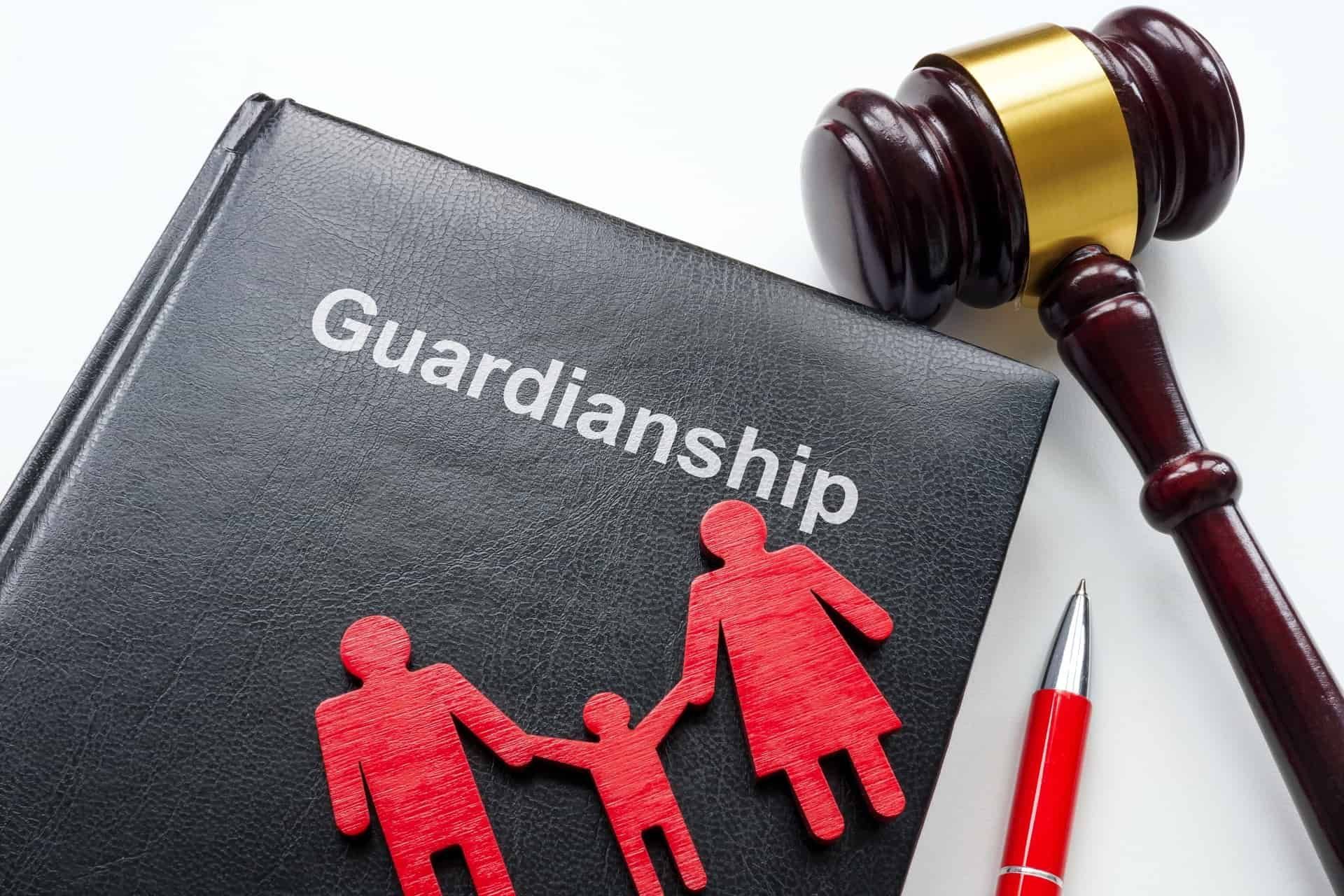What is the Difference between a Will and a Trust?
No one likes to talk about death and dying, but you should know that an estate plan is a vital part of everyone’s life. This is especially true for people who have children or other loved ones who depend on them financially. If you’re new to estate planning , you’ve probably come across different terms that are confusing or don’t make sense, most notably, wills and trusts.
In this article, we provide an overview of the differences between wills and trusts , so you can make a more informed decision when it comes to your estate planning. And if you need legal assistance in the planning of your future, we invite you to contact us at Doane & Doane Attorneys at Law. For more than 75 years, we have provided our expertise throughout West Palm Beach County. So call today for experienced probate and estate planning legal counsel. And in the meantime, read on to learn more about wills and trusts.
What Is a Will and How Does It Work?
A will is a legal document that spells out how you want your assets distributed after death. The person who creates the will (the testator) names himself as the executor of his own estate, appoints a guardian for any minor children left behind, and names someone to be the executor. A will only applies while you are alive and can be revoked at any time.
What Is a Trust and How Does It Work?
A trust is a separate legal entity that holds property during the lifetime of its creator (a grantor) then distributes it according to the terms of the trust agreement under which it was created. The person who creates the trust (the grantor) transfers ownership of some or all of his assets to the trustee, who can be a friend, family member, or financial institution.
The purpose of trusts is to avoid probate and keep your estate in your immediate family instead of going through the courts. They also protect your assets from creditors and taxes.
When to Use a Will or a Trust
If you want your property to be distributed in a certain way at the time of your death and you want to appoint an executor to make sure it’s done, then you should use a will. In contrast, if you don’t care how your property is distributed or who oversees the distribution and trust terms are more important to you, then you should use a trust.
A person may also choose to create both a will and a trust, as this gives them peace of mind that their assets will be distributed in the manner they wish, no matter what.
Setting up Your Estate
There are a lot of different things that you need to take into consideration when setting up your estate. One of the most important factors is to determine who will be in charge after your death. You can designate someone in your will or have a trust in place as a fail-safe. Some people choose to do both, which provides them with more security than just relying on a will alone.
You should also make sure that you have an executor for your estate and guardian for any minor children. The executor will manage the distribution of assets according to the terms of the will and handle any legal issues that may arise from it. A guardian has similar responsibilities but only applies to minor children, not property or assets.
You should also come up with some sort of plan for taxes so that you don’t forget about anything important during your lifetime. You can decide whether or not you want all of your assets distributed at once or if you would prefer for them to be distributed gradually over time (such as monthly). This might depend on what kind of estate you’re trying to leave behind and how much money other people who rely on you financially might need during the time before they get their inheritance.
The last important point to consider is making sure to update your estate plan if anything changes in your life, such as marriage, divorce, or having children. This is because those changes could result in new beneficiaries and affect how much money goes where after death. Your will and trust lawyer can counsel on the best course of action for executing your estate plan, so call Doane & Doane today to get started.
Meet with a Will and Trust Lawyer at Doane & Doane
Do you need to speak with a will and trust lawyer? At Doane & Doane, we have extensive experience helping clients prepare for the future. Our accomplished attorneys will provide the legal guidance and direction you need in all of your estate planning needs. We invite you to contact our law office today at
561-656-0200 . You may also reach out to us via our
contact form
to get started.
The information in this blog post is for reference only and not legal advice. As such, you should not decide whether to contact a lawyer based on the information in this blog post. Moreover, there is no lawyer-client relationship resulting from this blog post, nor should any such relationship be implied. If you need legal counsel, please consult a lawyer licensed to practice in your jurisdiction.
Disclaimer: The information on this website and blog is for general informational purposes only and is not professional advice. We make no guarantees of accuracy or completeness. We disclaim all liability for errors, omissions, or reliance on this content. Always consult a qualified professional for specific guidance.
RECENT POSTS






